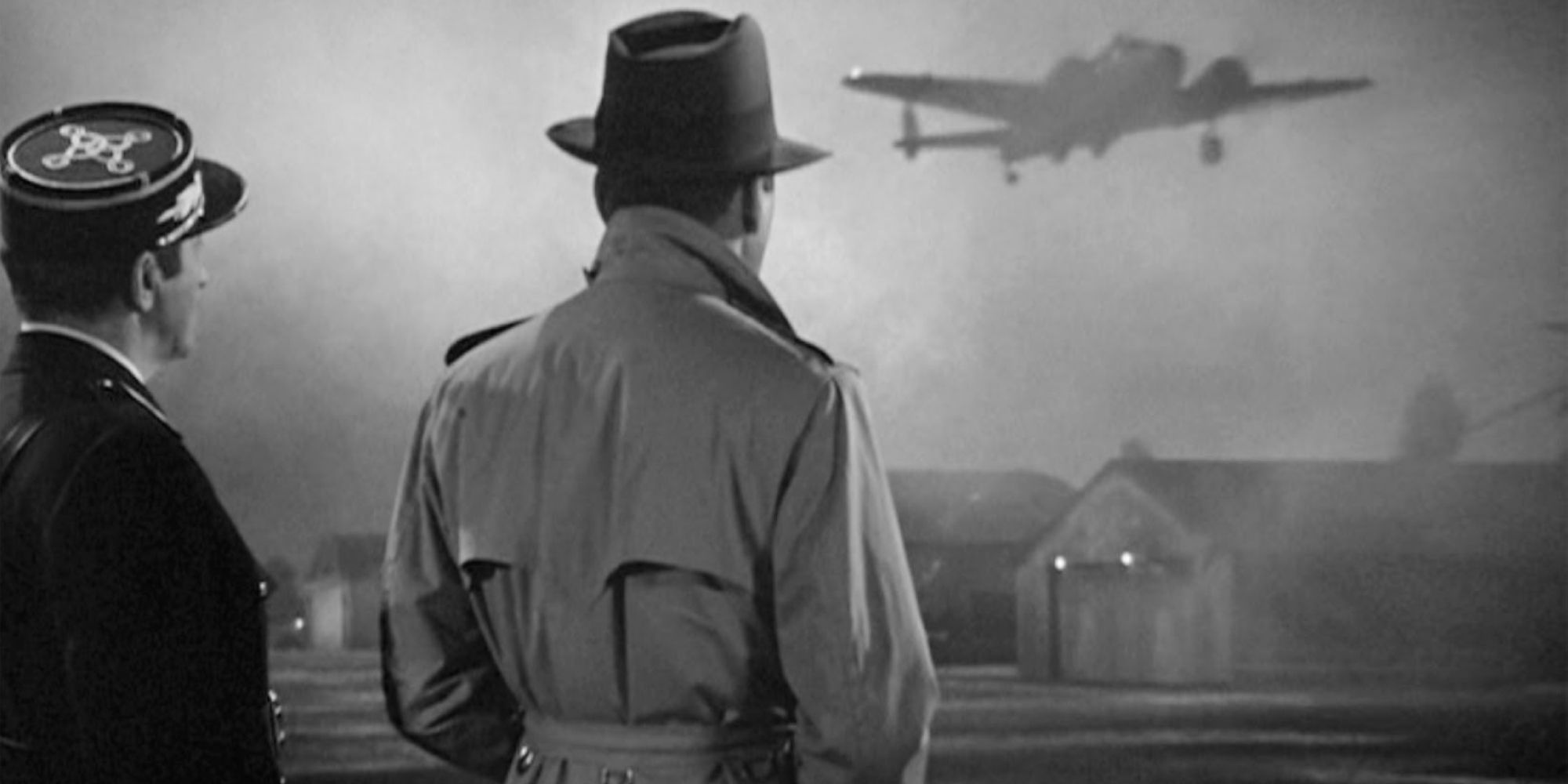[ad_1]
It’s a fact of life that more relationships end prematurely than last a couple’s entire lifetime. That’s not being pessimistic. It’s just how it mathematically is: if the average person has between four and six relationships in a lifetime, then unless they’re in all those relationships at the same time, only one of those can technically last “forever” (there’s no guarantee that one of them will, either).
Despite this, romance movies tend to prefer being a little more optimistic, and as such, the majority of them end with the main couple together… presumably for good. But there are exceptions, and some movies do decide to show the more common ways a relationship can prematurely end, whether that ending is heartbreaking, mutually agreed upon, or just came about out of apathy. The following eight titles are among the most high-profile romance films (or films that at least feature “romance” as a sub-genre) that end with the main couple apart.
‘La La Land’ (2016)
La La Land follows the story of two passionate, creative people and the brief relationship they share at critical, high-pressure points of their lives. Emma Stone’s character is an aspiring actress, and Ryan Gosling’s character is trying to make a name for himself as a jazz musician, and by the end, each realizes their passions might lie more with their professional dreams than with each other.
There is a sense that the parting is mutual, and we see each find success in their respective field. Still, the film does heap the bitter on with the sweet by the end, thanks to a fantastical montage that plays when the two encounter each other by chance, each dreaming – for a moment – how things may have been if everything had worked out. As far as “not ending up together” endings go, La La Land manages to strike a perfect balance between happy and sad.
‘Cinema Paradiso’ (1988)
Cinema Paradiso is a romantic, emotional film that ends up being more about a love for movies than it does a love for any one person. It follows a young boy growing up in Italy after WW2, showing his friendship with a local projectionist and his love for cinema. It eventually shows him as a teenager, falling in love before going off to pursue his dreams of becoming a filmmaker, which he succeeds in doing.
Still, the scenes with the protagonist as a middle-aged man can be quite sad. It’s shown he’s been unable to settle into a stable relationship, and his return to his childhood town is similarly emotional, as he sees how much has changed. But his passion and love for cinema remain, as demonstrated by the final scene and the stunning music that accompanies it. Never has a love letter to film itself ever hit so hard.
‘Drive’ (2011)
Sure, Drive is most focused on its crime-drama plotline about a reserved stunt driver getting mixed up with a group of dangerous gangsters after the heist he’s the getaway driver for goes wrong. But at the same time, the film does spend a decent amount of screen-time on the relationship that starts to build between the unnamed driver and a young woman who’s his neighbor.
Nothing really comes of their romance, beyond a single kiss, but it’s clear there are unspoken feelings between them. Still, his generally quiet demeanor, an outburst of violence his neighbor witnesses, and the fact that he may or may not have died at the film’s end ensure their relationship never becomes fully formed. It’s quietly sad and uniquely powerful, making for a great ending to conclude a great film.
‘Streets of Fire’ (1984)
Streets of Fire is a fairly eclectic mix of genres, being an action/crime/drama/romance/thriller. Oh, and it’s got a few musical numbers, too (in fact, they’re probably the best parts of the film).
It’s a fairly simple movie about a cool guy who fights a lot and has to rescue the girl he loves from the bad guys. At the end of the day, he succeeds, but they still end up parting, feelings it’s ultimately for the best. They’re very simple characters, and the film is more concerned with style and music than any story, so it’s not too heartbreaking or anything. Still, the romance is a decent part of the film’s simple premise, so the fact it ends that way does remain a little surprising.
‘(500) Days of Summer’ (2009)
“You should know upfront, this is not a love story,” says the narrator at the start of (500) Days of Summer, basically telling the audience what state the film’s central romance will be in by the end. Once the viewer finds out the love interest’s name is Summer, that limited time (and how long it will last) is blatantly clear.
This does ensure that the ending isn’t too sad, all things considered, given that the relationship’s impermanence was inevitable, and also for the best, seeing as Summer and Tom – the film’s protagonist – clashed on a number of things throughout the film. The ending for (500) Days of Summer is, therefore, a good example of how a film ending without the couple being together isn’t automatically a bad thing.
‘Gone with the Wind’ (1939)
Gone with the Wind is a monumentally huge film within the history of the medium, being referenced and parodied in the decades since its release. Its reputation precedes it, as do the controversial aspects of the film, given some of it’s aged quite poorly (even in the 1930s, this film caused some controversy).
Still, the romance at the heart of the film fares better than some of the film’s more uncomfortable subplots and themes. And given Gone with the Wind’s status as one of the highest-grossing films of all time (or the highest of all time, when adjusted for inflation), it’s arguably the most popular film to feature its central romance not working out by the film’s end.
‘Annie Hall’ (1977)
A good deal of what (500) Days of Summer did in 2009, Annie Hall did a little better, and over 30 years earlier, to boot. Its humor and realistic look at a relationship between two fairly ordinary people made it one of the most classic romantic comedies of all time and one of the few comedies to win the Academy Award for Best Picture.
The couple at the center of the film part on good terms by the film’s end, mutually agreeing that ending the relationship is best for both of them. It might technically be bittersweet, but can’t help leaning more towards sweet because of the grounded, down-to-earth, and amicable nature of the final separation and the way the two main characters part ways on good terms.
‘Casablanca’ (1942)
The classic WW2-set romantic drama, Casablanca, features stars Ingmar Bergman and Humphrey Bogart at their best, with a host of entertaining supporting characters alongside them, too. It focuses on Rick – a hardened, lonely bar owner in Casablanca – who has a chance encounter with a woman he once shared a brief but passionate romance with.
Things get complicated when she reveals she’s seeking safe passage out of the city with her new partner, the leader of a resistance fighter group. Rick’s torn between helping the ongoing war effort or trying to reignite his relationship but ultimately chooses to support what he sees as the greater good by the film’s end. Rick and his ex-partner, Elsa, bid each other a tearful goodbye before she escapes the city with her resistance fighter partner in the nick of time. Any other ending wouldn’t feel nearly as powerful, and would have probably prevented Casablanca from being as widely beloved as it has been, currently is, and likely always will be.
[ad_2]
Source link

.jpeg?fit=1170%2C99999&ssl=1)
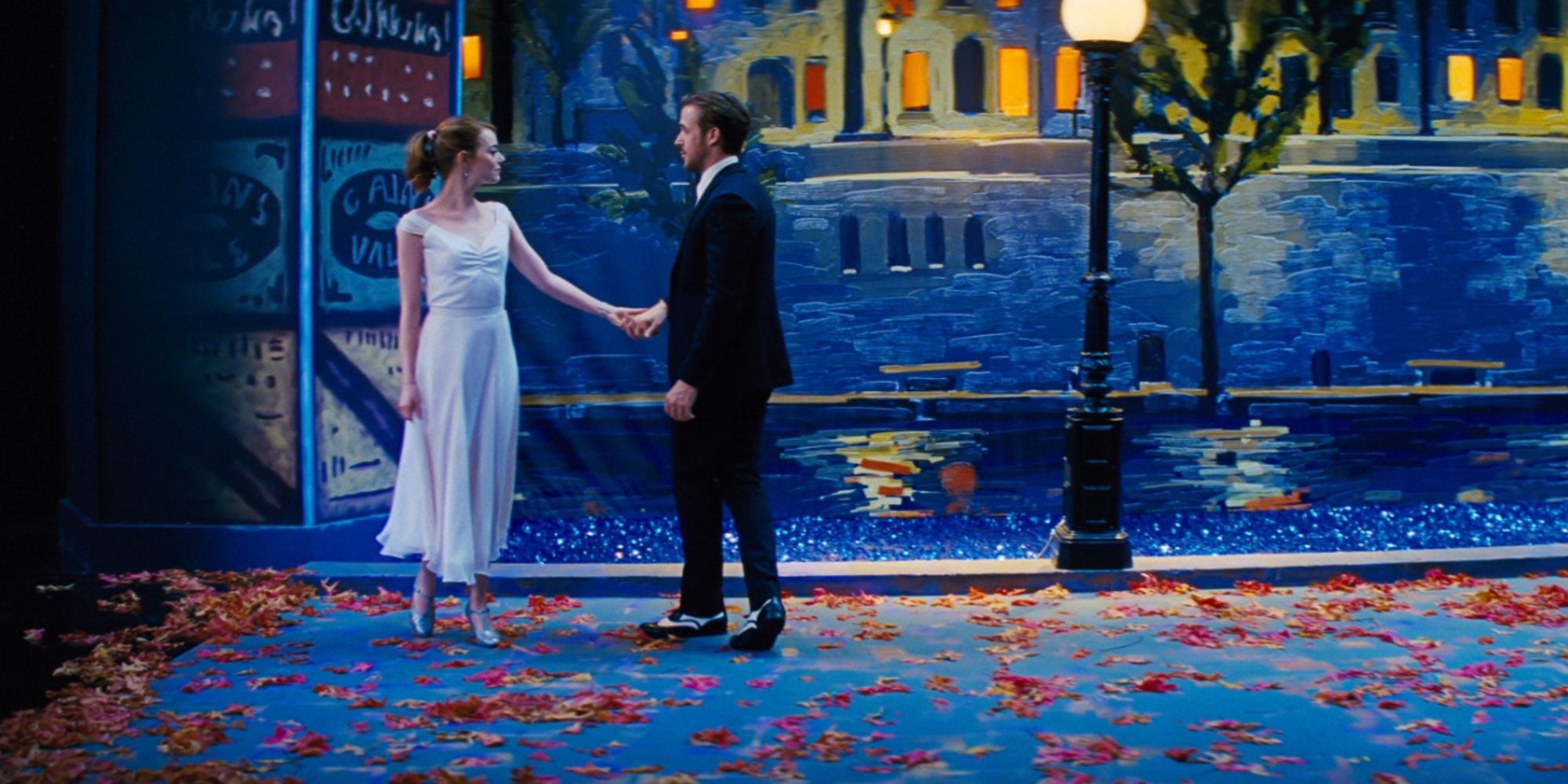
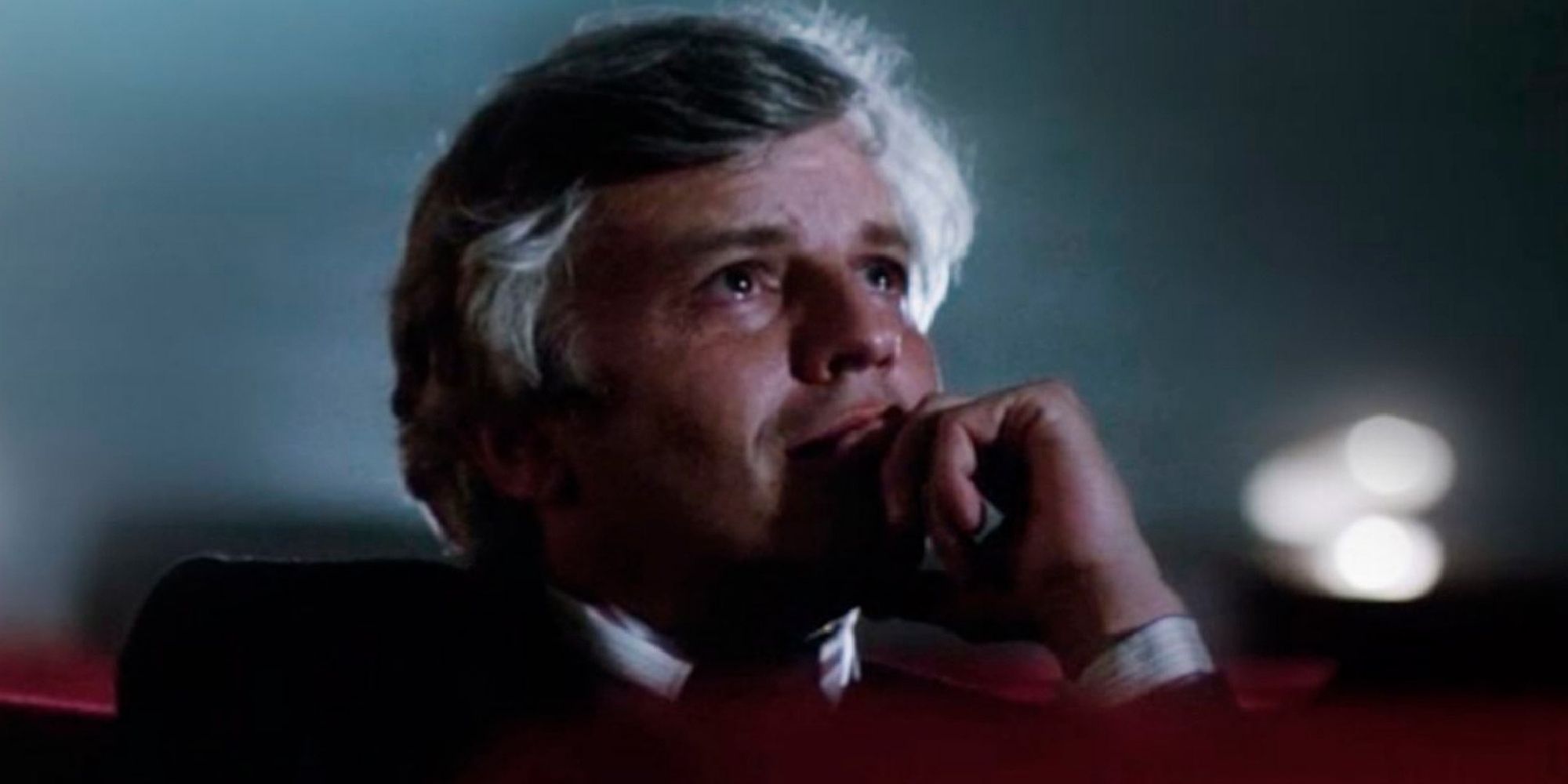
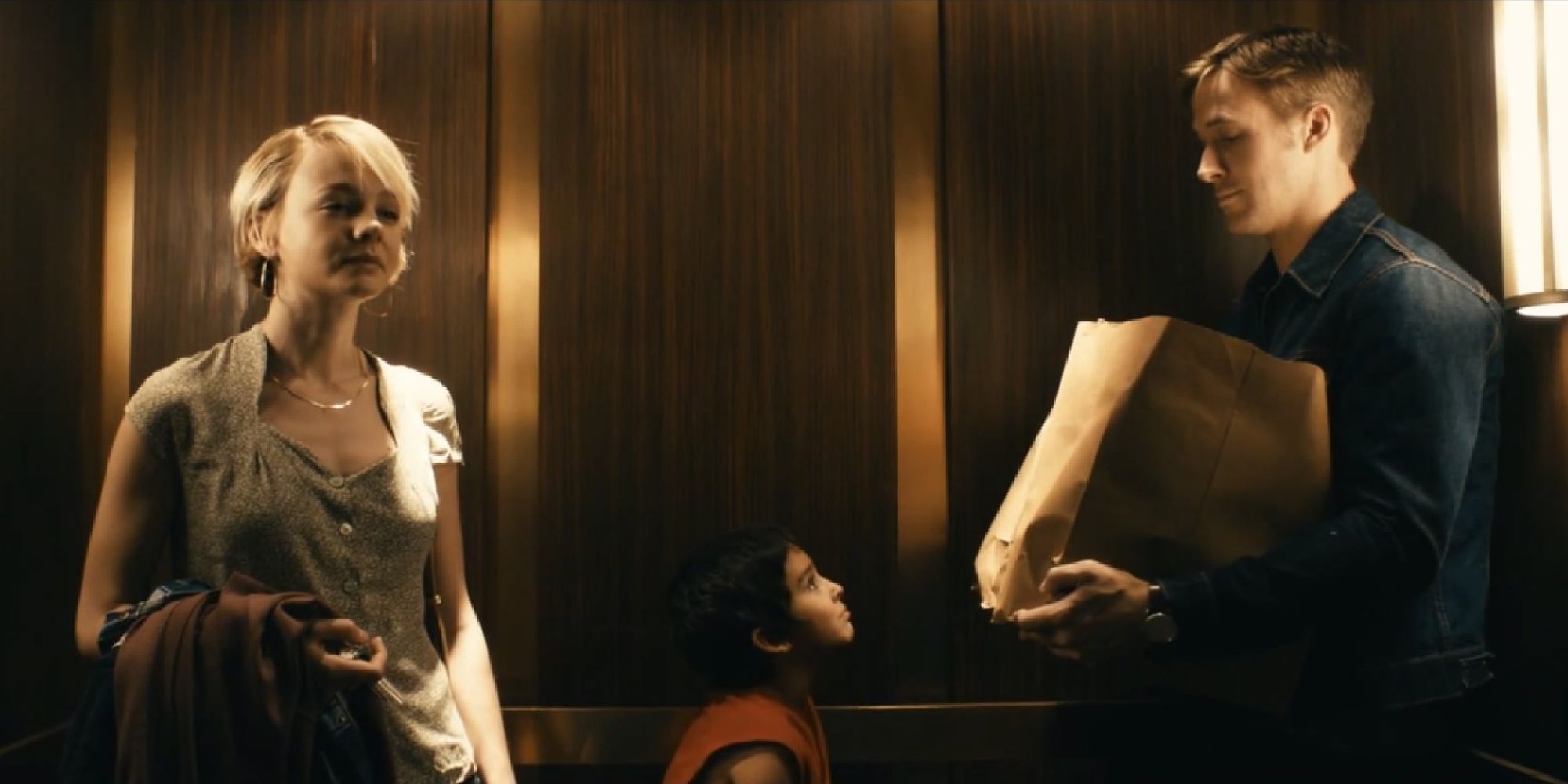
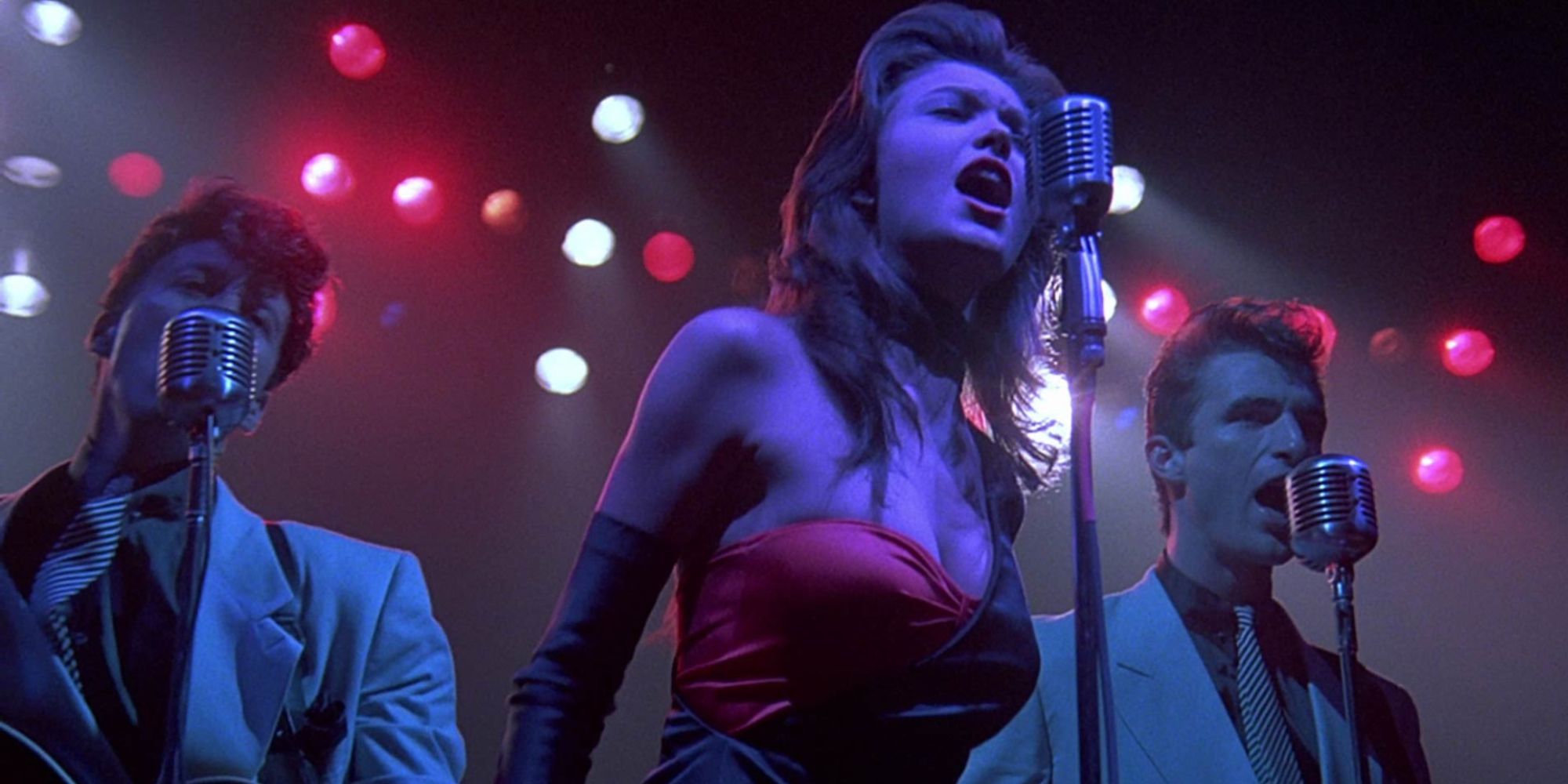
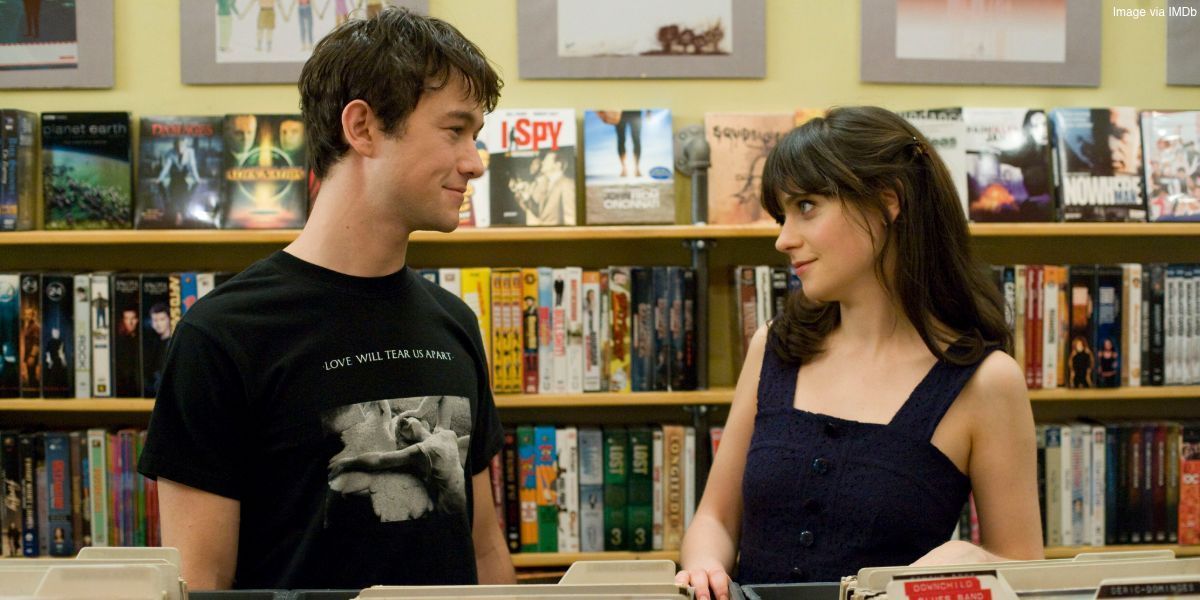
.jpg)
.jpeg)
